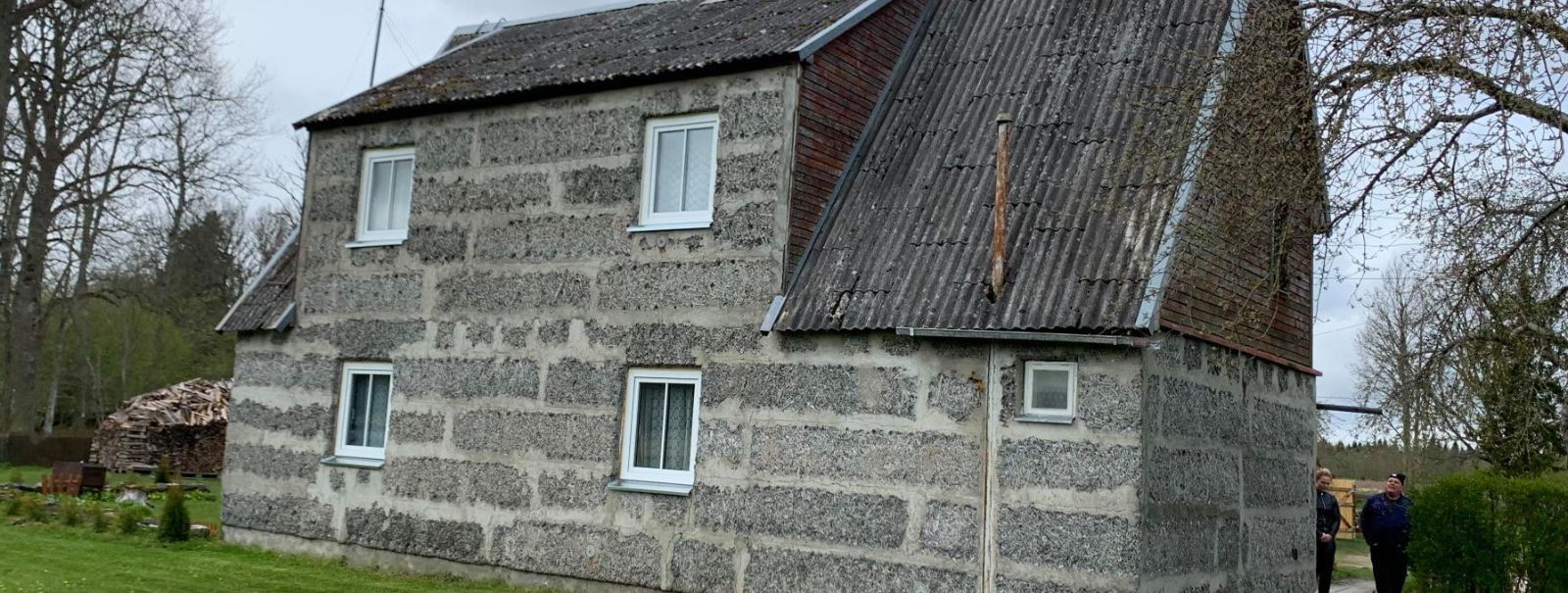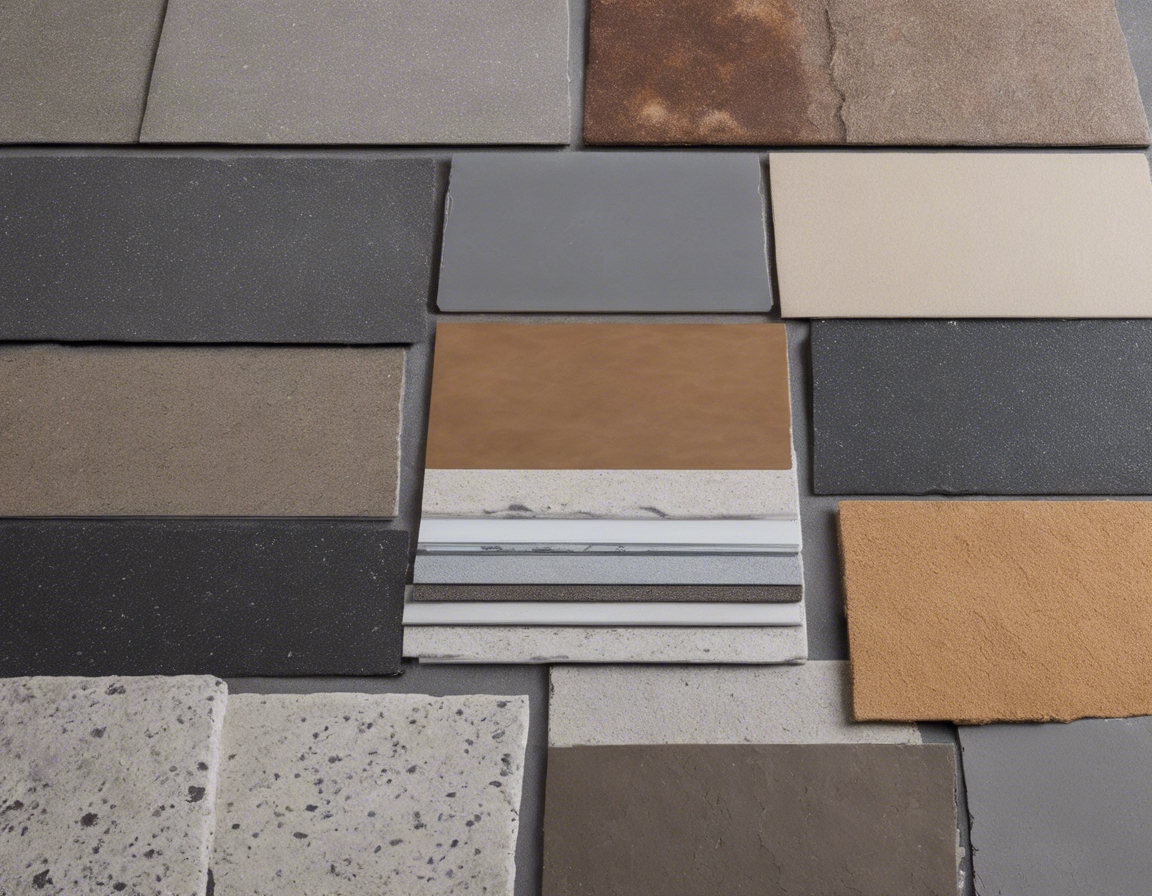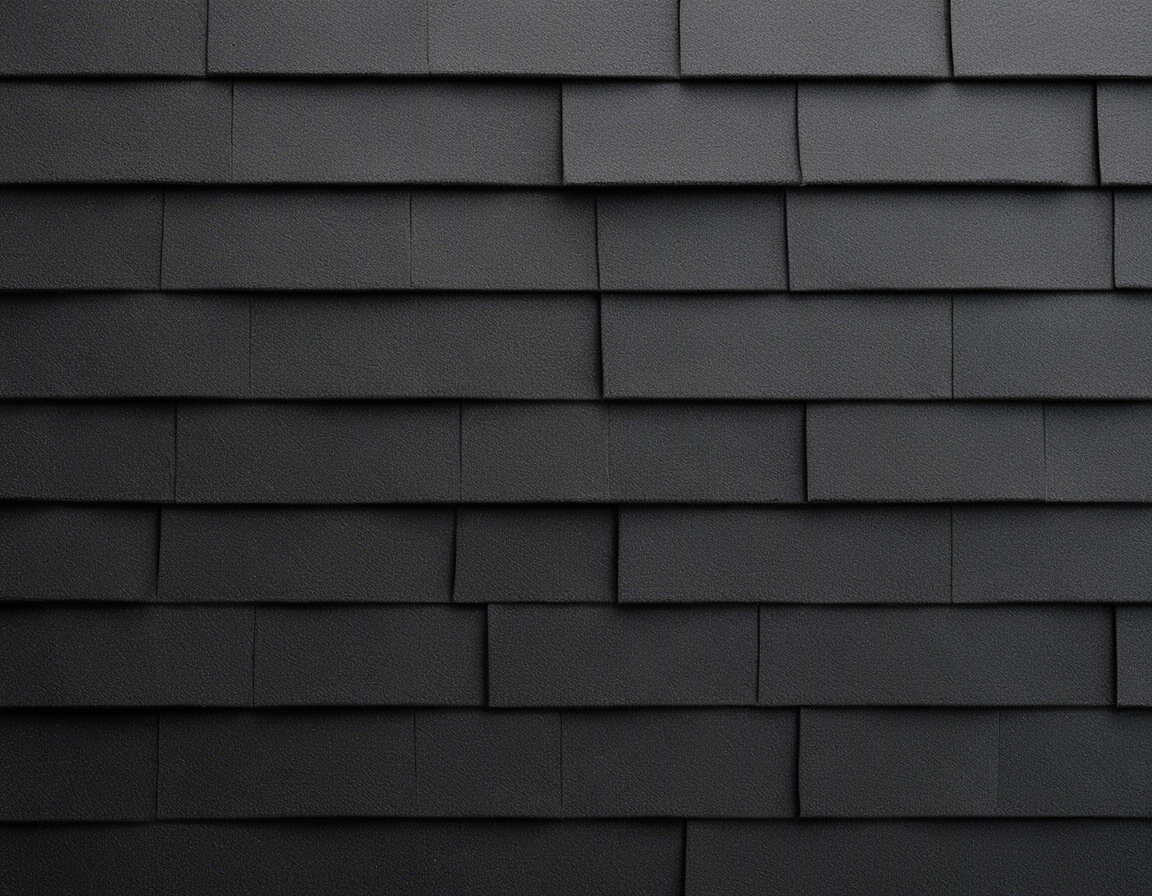Choosing the right facade for your home
The facade of your home is more than just a protective barrier; it's the face of your residence, reflecting your personal style and the architectural integrity of the building. A well-chosen facade can enhance the aesthetic appeal of your home, increase its value, and provide essential protection from the elements.
When selecting a facade for your home, it's crucial to consider factors such as material durability, maintenance requirements, energy efficiency, aesthetic preferences, and budget. Each of these elements plays a significant role in determining the suitability of a facade material for your specific needs and local climate conditions.
Types of Facades
Brick is a timeless choice that offers a classic look and robust durability. It's low maintenance and provides excellent insulation properties. However, it can be more expensive than some other options.
Wood offers a natural and warm aesthetic but requires regular maintenance to protect against weathering and pests. It's versatile and can be painted or stained to match any design vision.
Stone facades exude strength and permanence, with each stone piece contributing to a unique and natural look. They are highly durable and require minimal upkeep but can be one of the more costly facade options.
Stucco is a plaster-based material that can be applied in various textures and colors. It's relatively affordable and offers a Mediterranean appeal but may require periodic maintenance to address cracks.
Metal, such as aluminum or steel, provides a modern and industrial look. It's lightweight, durable, and often recyclable, making it an eco-friendly option. Metal can also be coated for additional color and protection.
Composite materials, like fiber cement, offer the appearance of wood or stone but with increased durability and less maintenance. They are resistant to fire, rot, and pests, making them a practical choice for many homeowners.
Glass facades are ideal for those seeking a contemporary design with plenty of natural light. They can be energy-efficient with the right glazing options but may require more frequent cleaning and can be expensive to install.
Facade Performance and Sustainability
Energy efficiency is a critical aspect of facade selection. Materials with good insulation properties can significantly reduce heating and cooling costs, contributing to a more sustainable home environment.
The durability of your facade material will impact its lifespan and the frequency of required maintenance. Choosing a long-lasting material can save you time and money in the long run.
Environmentally conscious homeowners should consider the sustainability of facade materials. Recyclable materials, locally sourced options, and products with low environmental impact are becoming increasingly popular choices.
Design and Aesthetic Considerations
Your home's architectural style should guide your facade choice. Whether you have a modern, traditional, or eclectic style, the facade should complement and enhance the overall design.
The color and texture of your facade material can dramatically affect the appearance of your home. Consider how different materials and finishes will look in various lighting conditions and over time.
Your personal taste and prevailing local trends should also influence your decision. A facade that resonates with your style and fits in with the neighborhood will be more satisfying and could improve resale value.
Technical Considerations
The climate in your area is a decisive factor in choosing a facade. Materials must be able to withstand local weather conditions, from freezing temperatures to intense sunlight.
The complexity of installation and the construction process can vary widely between materials. Some may require specialized labor or additional structural support, influencing the overall project timeline and cost.
It's essential to be aware of local building codes and regulations that may affect your choice of facade materials. Compliance with these standards ensures safety and avoids potential legal issues.
Cost Considerations
The upfront cost of facade materials and installation can range significantly. It's important to balance the initial investment with the expected performance and longevity of the material.
Considering the long-term value of your facade choice is crucial. A more expensive option upfront may offer greater durability and lower maintenance costs, resulting in savings over time.





Comments (0)